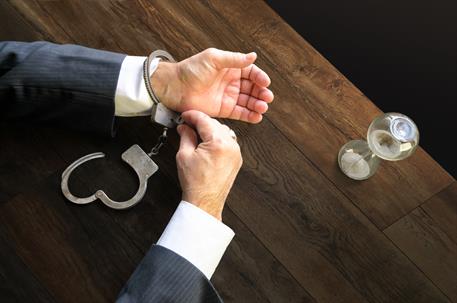At Just Criminal Law, we often get asked—What would a defense attorney do if they found themselves on the other side of the law? It’s a fascinating question, and recently, our very own Christina Williams took part in a role-play scenario to help break it down.
In this mock situation, Christina is approached by a police officer at her home regarding a missing diamond ring from a recent dinner party. What unfolds is a step-by-step demonstration of how a seasoned criminal defense attorney would navigate such an encounter—calmly, assertively, and always with the law in mind.
Step 1: Say Less, Ask for More
Christina keeps the conversation minimal, avoiding any discussion of the facts. She politely but firmly declines to answer questions without legal representation and asks whether any warrant or formal complaint exists. This approach underscores a fundamental right: you are not obligated to answer questions without a lawyer present.
Step 2: Don’t Wait—Document Everything
After the officer leaves, the next crucial step is documentation. Christina recommends writing down every detail from the event while it's fresh—times, conversations, who was present, and anything else that could become relevant. Our memories fade quickly, and what you recall immediately could make or break a case later.
Step 3: Stay Silent—With Everyone
A common mistake people make is talking to friends, family, or even sharing on social media. Christina reminds us that statements made outside of law enforcement—especially to others who were present at the event—can still be used against you. That includes Facebook posts, texts, or casual conversations.
Step 4: Get a Lawyer, and Only Talk to Them
If you're being investigated or accused, don’t try to clear things up on your own. Everything should go through your attorney. That’s your safeguard—and that’s where we come in.

